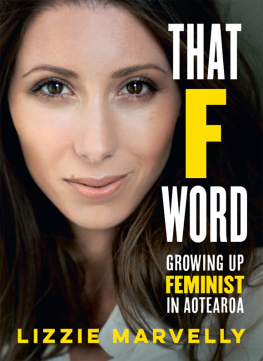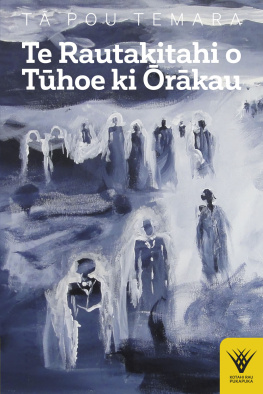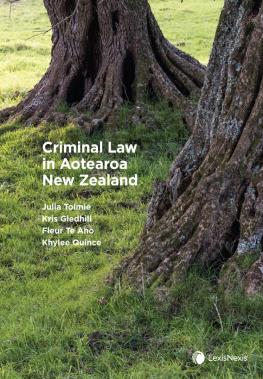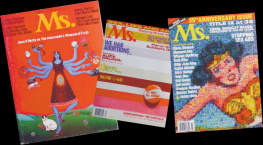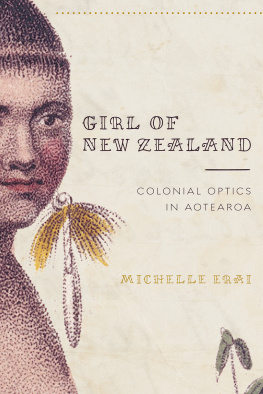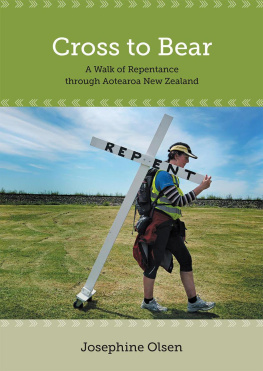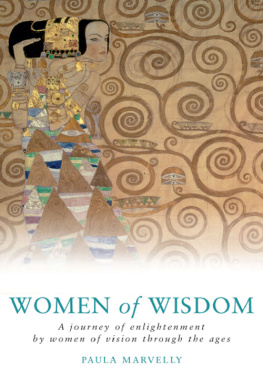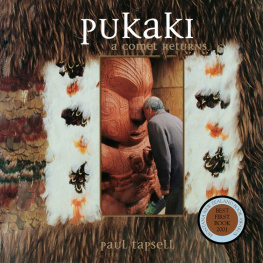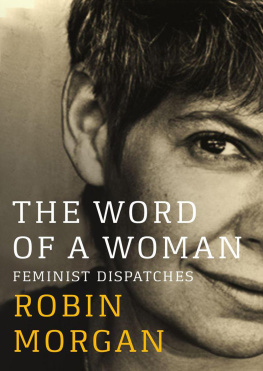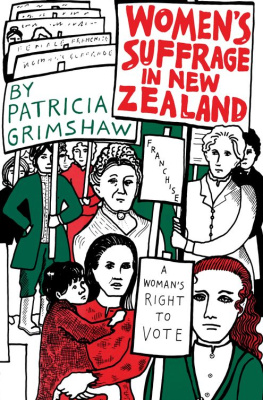CONTENTS
Guide
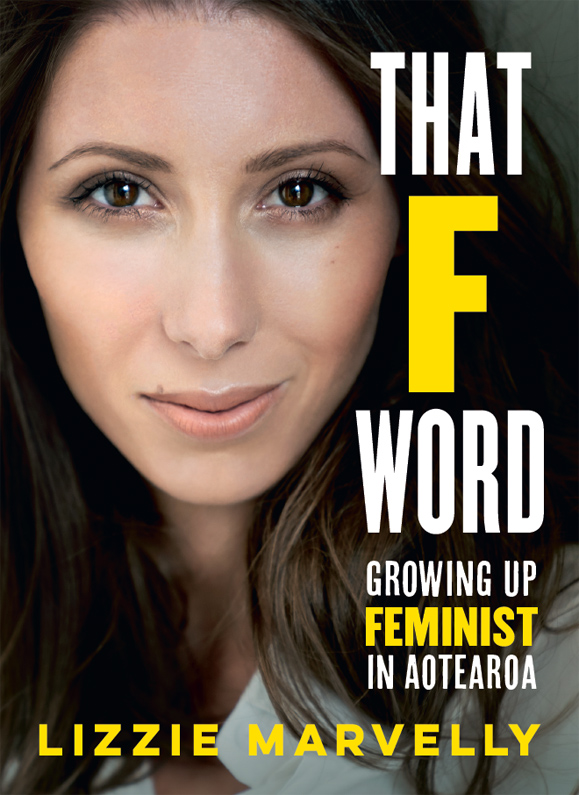
LIZZIE MARVELLY (Ngti Whakaue) is a musician, columnist, producer and activist, originally from Rotorua, New Zealand. In May 2015, she founded Villainesse.com, an online media project for young women. Later in 2015 she started the internationally successful #MyBodyMyTerms campaign, sparking a conversation about victim-blaming, revenge porn, consent and sexual violence. Lizzie is an opinion columnist for the New Zealand Herald and the co-producer of a 12-part web series called The REAL Sex Talk, a youth-centric series presenting credible information about sex, sexuality and relationships to young people. In 2016 and 2017, Lizzie was named as a finalist in the New Zealand Women of Influence Awards. In 2017, she won the Canon Media Award for Opinion Writing General, the same year that Villainesse won the Canon Media Award for Best Blog. In 2017, she was a semi-finalist for the Young New Zealander of the Year Award. Lizzie lives in Auckland, although shell always be a Rotorua girl at heart.
HarperCollinsPublishers
First published in 2018
by HarperCollinsPublishers (New Zealand) Limited
Unit D1, 63 Apollo Drive, Rosedale, Auckland 0632, New Zealand
harpercollins.com.au
Copyright Lizzie Marvelly 2018
The moral right of Lizzie Marvelly to be identified as the author of this work has been asserted. The work is copyright. All rights reserved. No part of this publication may be reproduced, copied, scanned, stored in a retrieval system, recorded, or transmitted, in any form or by any means, without the prior written permission of the publisher.
HarperCollinsPublishers
Level 13, 201 Elizabeth Street, Sydney, NSW 2000, Australia
Unit D1, 63 Apollo Drive, Rosedale 0632, Auckland, New Zealand
A 75, Sector 57, Noida, Uttar Pradesh 201 301, India
1 London Bridge Street, London SE1 9GF, United Kingdom
Bay Adelaide Centre, East Tower, 22 Adelaide Street West, 41st Floor, Toronto, Ontario, M5H 4E3, Canada
195 Broadway, New York, NY 10007, USA
ISBN: 978 1 7755 4112 7 (paperback)
ISBN: 978 1 7754 9143 9 (ebook)
A catalogue record for this book is available from the National Library of New Zealand
Cover design by HarperCollins Design Studio
Cover photography by Monty Adams
For every woman who has ever been called
bossy or stroppy.
This book contains discussions of topics that some people may find distressing. Go gently. A list of support organisations can be found at the end of this book.
This book was also written from a womans perspective with women in mind. Im not for a second saying that it cant be read by men or by people of other genders. In fact, I greatly hope that people of all genders will pore over its pages. If you are reader of the male persuasion, haere mai. You too are welcome here. To save me a great deal of time and online abuse, however, Im going to establish one all-encompassing disclaimer right up front. I shouldnt need to say this, but Ive been on social media for too long to take the risk of leaving it to chance, so here we go, for the gentlemen in the house: when I say men generally in this book, I dont necessarily mean you. I know that there are plenty of wonderful men. I also know that there are plenty of not wonderful ones. You are free to figure out whichever hat fits you.
When I speak of victims and survivors of sexual crimes and use female pronouns, please know that it is not my intention to discount male experiences of victimhood. I know that there are men who suffer, and I greatly wish that they didnt. When I use she and her, I am paying homage to the fact that the majority of victims and survivors are female. Sexual violence is an asymmetrical horror, in which statistically one group of people (men), victimise another group of people (women) much more than the reverse, and as a woman who has experienced it herself, I speak from my own vantage point of female experience.
Ive never shied away from a challenge. Which is lucky, because life seems to come at me hard and fast. When I pause to look back over my shoulder, I see a collection of vignettes and overarching themes.
Im seven years old, being taught how to not throw like a girl.
Im 11, being called a slut.
Im 18, signing an international record deal and feeling like an imposter.
Im 21, and trying to put myself back together after a mental breakdown.
Im 24, and being sexually abused for the umpteenth time.
Im 25, and starting my own media company.
Im 26, and crying after being abused online for days on end.
Im 27, and winning national media awards.
Im 28, and writing a book.
Its been a whirlwind. One I wouldnt change. But its a journey that wouldve been very different, had I been born male.
Being born female and being raised as a girl brings with it a series of expectations that start almost from birth. Even in a life filled with joy, as much of mine has been, these expectations are always there, just below the surface, and we quickly learn that there is a price to be paid for refusing to live up to them. As a girl, and then as a woman, there are certain codes and conditions that should be respected at all times.
Or else.
Ive never been very good at doing what I was told. When I was a little girl, I was told off for being aggressive. It was one of the many words used to describe me. I was also bossy and competitive and not very ladylike. Children, though we often underestimate their abilities, are avid readers of subtext and tone. From the facial expressions and the inflections that accompanied these labels, I knew that all of them were bad.
As a child, I was a cacophony of contradictions. I loved Barbie dolls, the Spice Girls and Beauty and the Beast. I also loved playing cricket, rescuing wild animals and wandering the fields for hours with my black Labrador, Lace. I was over-sensitive, stubborn, caring and opinionated. Part tomboy, part girly-girl, part nerd, and part ringleader; I could never seem to find a category that I fit snugly into. Come to think of it, twenty-something years later, I still havent.
When I was ten, my teacher told my parents that I needed to be brought down a peg. She voiced what Id already long suspected. I was too much. Too loud. Too difficult. Too different. My parents were outraged, but I was ashamed. I was set apart from the other kids, in an environment where to be other is about the worst thing you can be. Today, when I speak at schools around the country, I meet girls who are going through the same thing. When I listen to their frustrations, I wonder how long it will take before being a young woman who knows her own mind is unremarkable. Have you ever heard a young man described as knowing his own mind? I wonder when strong young women will finally be celebrated and encouraged rather than knocked down.
I was born nearly 96 years after women in New Zealand won the vote. I say won because our foremothers fought tooth and nail to be seen as equal human beings. Its a battle I can now see that Ive been fighting my entire life. Its a battle were all part of, consciously or unconsciously, on one side or another; and whether we acknowledge it or not, were still fighting it today.
The year I finished writing this book, 2018, marked the 125th anniversary of womens suffrage in New Zealand. Much is made of the fact that we were the first country in the world in which women could vote. It is sometimes used to argue that theres no longer any need for feminism. Weve been empowered for generations now, apparently. Surely theres no reason for flag-waving anymore.

